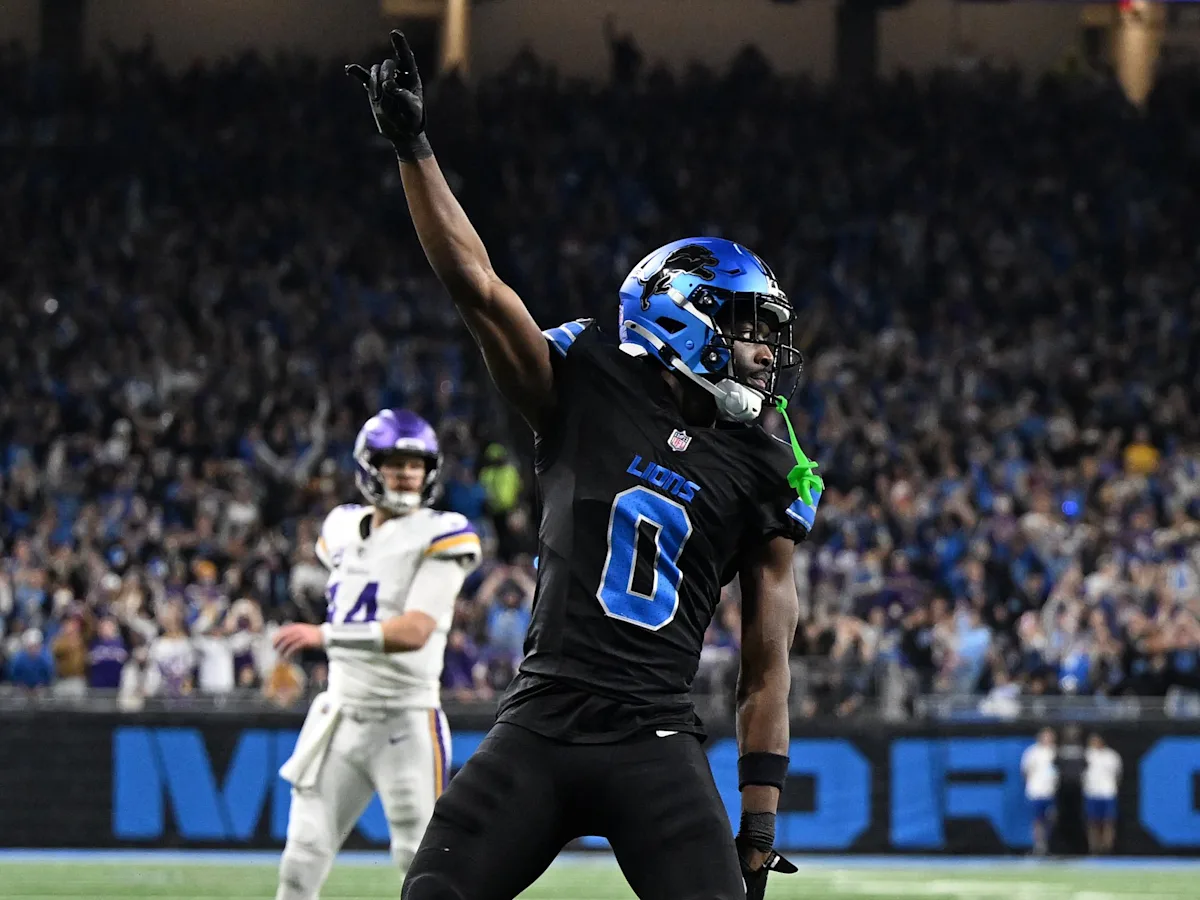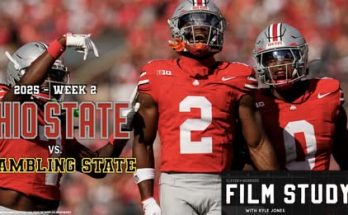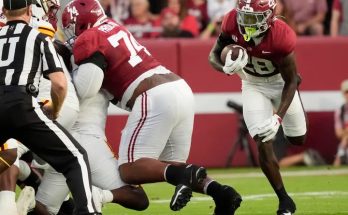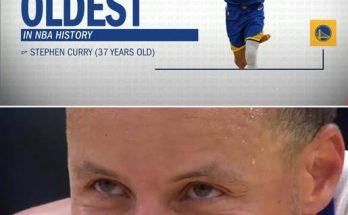The proposed change for the Detroit Lions is referred to by analysts as “The Terrion Arnold Rule.”
Introduction
The Detroit Lions have introduced a proposal to modify the consequences of defensive holding and illegal contact penalties in the NFL. Under the current rules, these infractions result in an automatic first down for the offense, irrespective of the yardage situation. The Lions’ proposed rule change suggests that these penalties should only result in a yardage penalty without an automatic first down. Analysts have informally dubbed this initiative “The Terrion Arnold Rule,” referencing the Lions’ rookie cornerback, Terrion Arnold, who faced multiple penalties during the 2024 season. This proposal has sparked discussions regarding the fairness of defensive penalties and their impact on game outcomes.
Terrion Arnold: A Cornerback at the Center of Change
Terrion Arnold, a standout defensive back from the University of Alabama, was drafted by the Lions in the first round of the 2024 NFL Draft. Known for his aggressive coverage and athleticism, Arnold had an impressive rookie season, registering 60 tackles and 10 pass deflections over 16 games. However, his physical playing style led to a high number of penalties, including seven instances of pass interference and two for defensive holding.
Analysts Robert Mays and Derrik Klassen of The Athletic Football Show humorously labeled the Lions’ proposed rule change as “The Terrion Arnold Rule,” highlighting the irony of Arnold’s struggles with penalties. The Lions’ heavy reliance on man-to-man coverage made their defensive backs more susceptible to these infractions, prompting the team to advocate for an adjustment in the rulebook.
Understanding the Current Rule and Its Issues
At present, defensive holding and illegal contact penalties result in a five-yard penalty and an automatic first down. This means that even on long-yardage situations, such as third-and-18, a minor holding penalty grants the offense a fresh set of downs, regardless of the distance required for conversion. The Lions argue that this enforcement disproportionately benefits the offense and fails to reflect the severity of the infraction.
Proposed Changes and Justifications
The Detroit Lions’ proposal seeks to revise these penalties so that they only result in a five-yard infraction without an automatic first down. The rationale behind this change includes:
- Proportionality: The current rule disproportionately punishes the defense by awarding an automatic first down, even if the infraction occurs far from the play or has a minimal impact on the outcome.
- Competitive Balance: Defenses are already at a disadvantage due to evolving rules favoring offensive production. Adjusting this penalty would create a fairer playing field.
- Strategic Integrity: On third-and-long situations, offenses may attempt to exploit the automatic first down rule by forcing defensive contact. The proposed rule would prevent teams from gaining an unfair advantage through minimal infractions.
- Consistency with Other Penalties: Other infractions, such as offensive holding, result in a yardage penalty without an automatic loss of possession or significant game-changing consequences. Applying similar logic to defensive holding could enhance fairness.
Potential Implications of the “Terrion Arnold Rule”
1. Defensive Strategy Adjustments
If implemented, defenses would have more flexibility in coverage schemes, especially in long-yardage situations. Defensive backs could play more aggressively, knowing that a five-yard holding penalty would not automatically extend the drive for the offense. This could lead to tighter coverage and a reduction in “soft” defensive play, where defenders give extra cushion to avoid penalties.
2. Offensive Reactions
Offenses would need to adjust their approach to exploiting defensive penalties. Teams that rely on drawing holding penalties on third downs might find it harder to sustain drives, forcing them to execute more effectively rather than seeking penalty-induced conversions.
3. Officiating Considerations
Referees would need to recalibrate their approach to calling penalties, knowing that defensive holding no longer automatically grants a new set of downs. This could lead to fewer controversial game-changing calls and reduce the frequency of penalties being perceived as overly punitive.
4. Potential Pushback from the NFL and Offenses
While defenses would benefit, offensive teams and quarterbacks—especially those who rely on quick, short-yardage passes—might oppose the change. The automatic first down is a critical advantage for offenses, and altering it could impact game dynamics, particularly for pass-heavy teams.
Comparisons to Past Rule Changes
The NFL has a history of modifying rules to balance fairness and competitiveness. Examples include:
- The Mel Blount Rule (1978): Limited defensive backs’ ability to make contact with receivers beyond five yards, favoring offensive production.
- The Illegal Contact Emphasis (2004): Reinforced strict enforcement of illegal contact penalties to benefit passing offenses.
- The Roughing the Passer Adjustments (2018): Implemented to protect quarterbacks but sparked controversy over excessive calls.
The “Terrion Arnold Rule” follows a similar trajectory, aiming to refine penalty consequences to maintain fairness between offensive and defensive play.
Broader Impact on the League
If adopted, this rule change could influence:
- Defensive Playcalling: Encouraging tighter man coverage without excessive fear of automatic first downs.
- Coaching Strategies: Teams may adjust defensive training methods to emphasize legal physicality in coverage.
- Game Flow and Viewership: Reducing automatic first downs could lead to fewer stoppages and controversial calls, improving the viewing experience.
The Detroit Lions’ proposal, humorously named the “Terrion Arnold Rule,” is a thought-provoking attempt to recalibrate the fairness of defensive penalties. While the rule has sparked debate, its potential to create a more balanced and strategically nuanced game is undeniable. As the NFL deliberates this proposal, it highlights the ongoing evolution of the league’s rules to ensure both fairness and excitement in professional football.



